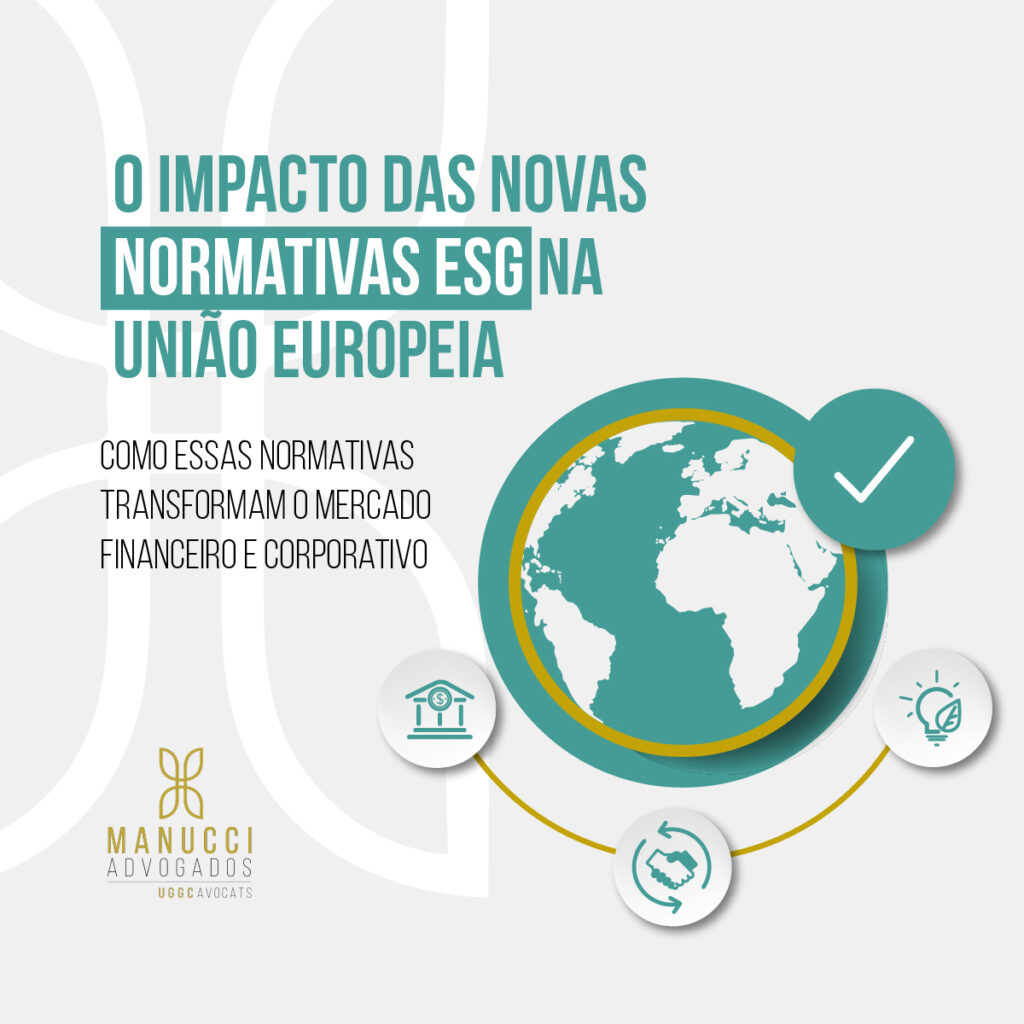Self-production of electricity is the path that can be taken by companies and industries that want to generate their own energy. In the business context, self-producers are those who choose to produce their own energy to meet their needs, with the main objectives of reducing costs, cutting greenhouse gas emissions and ensuring a reliable energy supply.
There are two ways of self-producing electricity: at the place of consumption or elsewhere. When generation and consumption take place in the same place, we call it contiguous self-production; if generation takes place in a different place, we call it remote self-production.
Generally, autoproducers are companies with high energy consumption, where electricity costs are significant. Typical examples include steel mills, mining companies and other sectors that use electricity as one of the main inputs in their production processes.
Self-production of energy offers a number of advantages for companies, starting with a reduction in operating costs, since there are no sectoral charges for which the consumer is responsible, such as the Energy Development Account (CDE), the Reserve Energy Charge (EER) and the System Services Charge – Energy Security (ESS-SE).
As well as reducing costs, self-production brings the company into line with ESG(Environmental, Social, and Governance) guidelines, helping to reduce greenhouse gas emissions and demonstrating a commitment to sustainability and social responsibility. With self-production, the company also gains greater cost predictability, allowing for strategic financial planning, even in times of fluctuating market prices.
How to become an autoproducer?
There are different corporate models for self-production of energy, in terms of investments in generation. One of them is the structuring as a Special Purpose Entity (SPE), which is similar to that of an autoproducer, resulting in exemption from charges, as established by Law 11.488/2007.
In this model, a specialized company invests in the construction of the electricity generation project, acting as an investor partner, with the aim of receiving dividends, not energy. The consumer company, on the other hand, participates in the operation, guaranteeing payment for the electricity consumed by it and produced by the generation project, but with the advantage of reduced costs for charges.
In short, self-producing electricity not only helps to reduce costs and increase financial predictability, but also positions the company in a more sustainable and responsible way in society.










